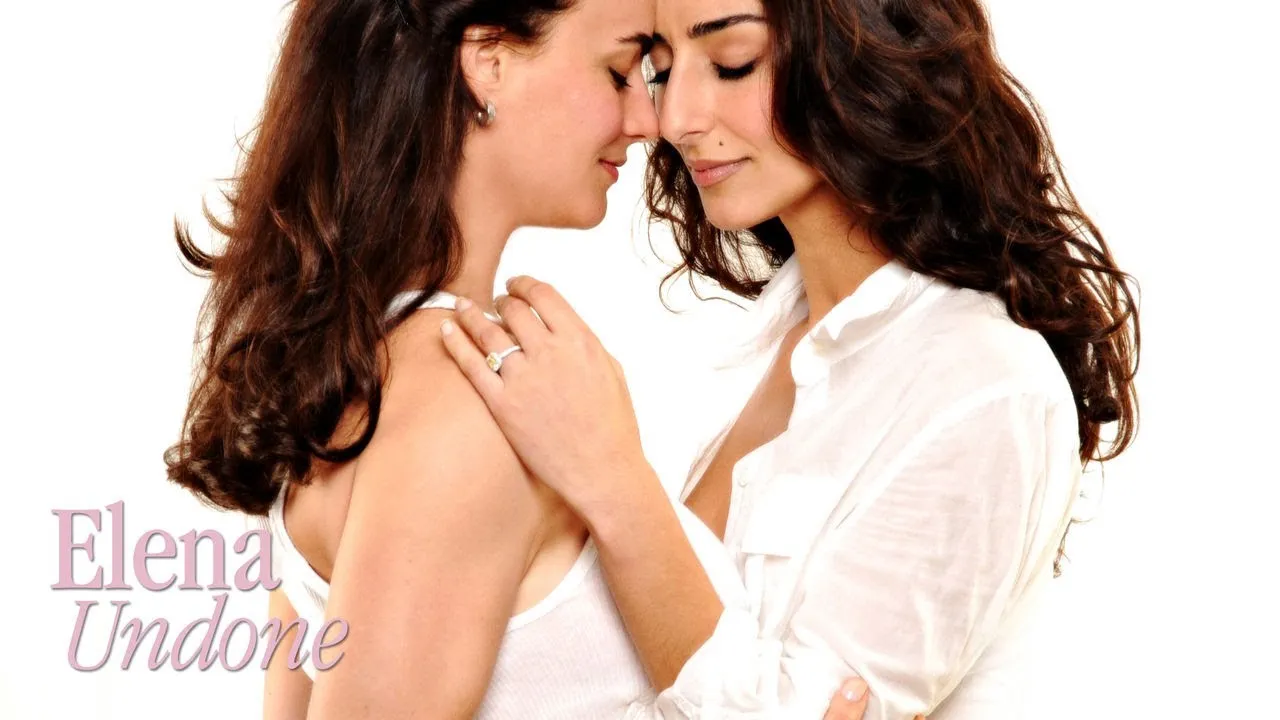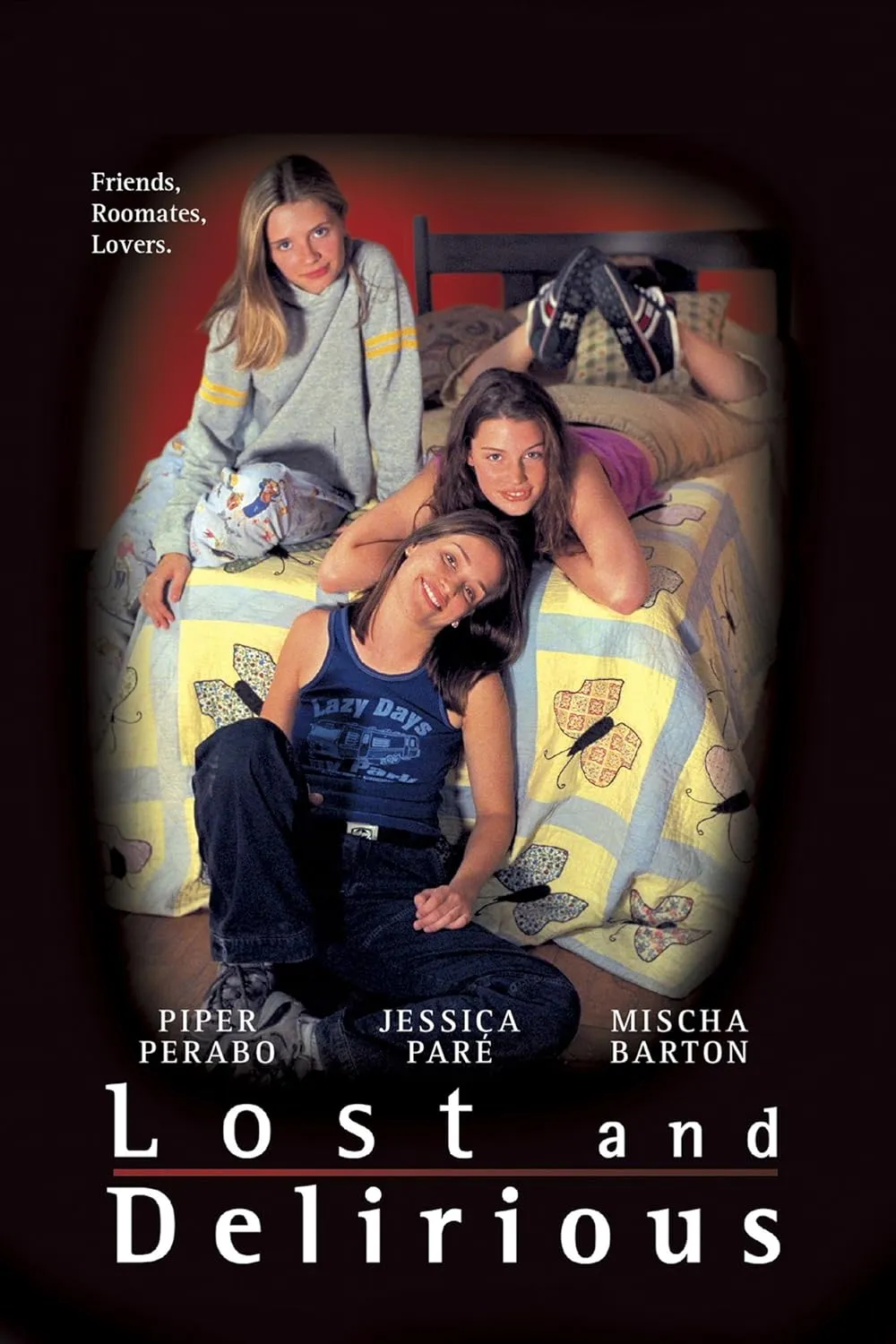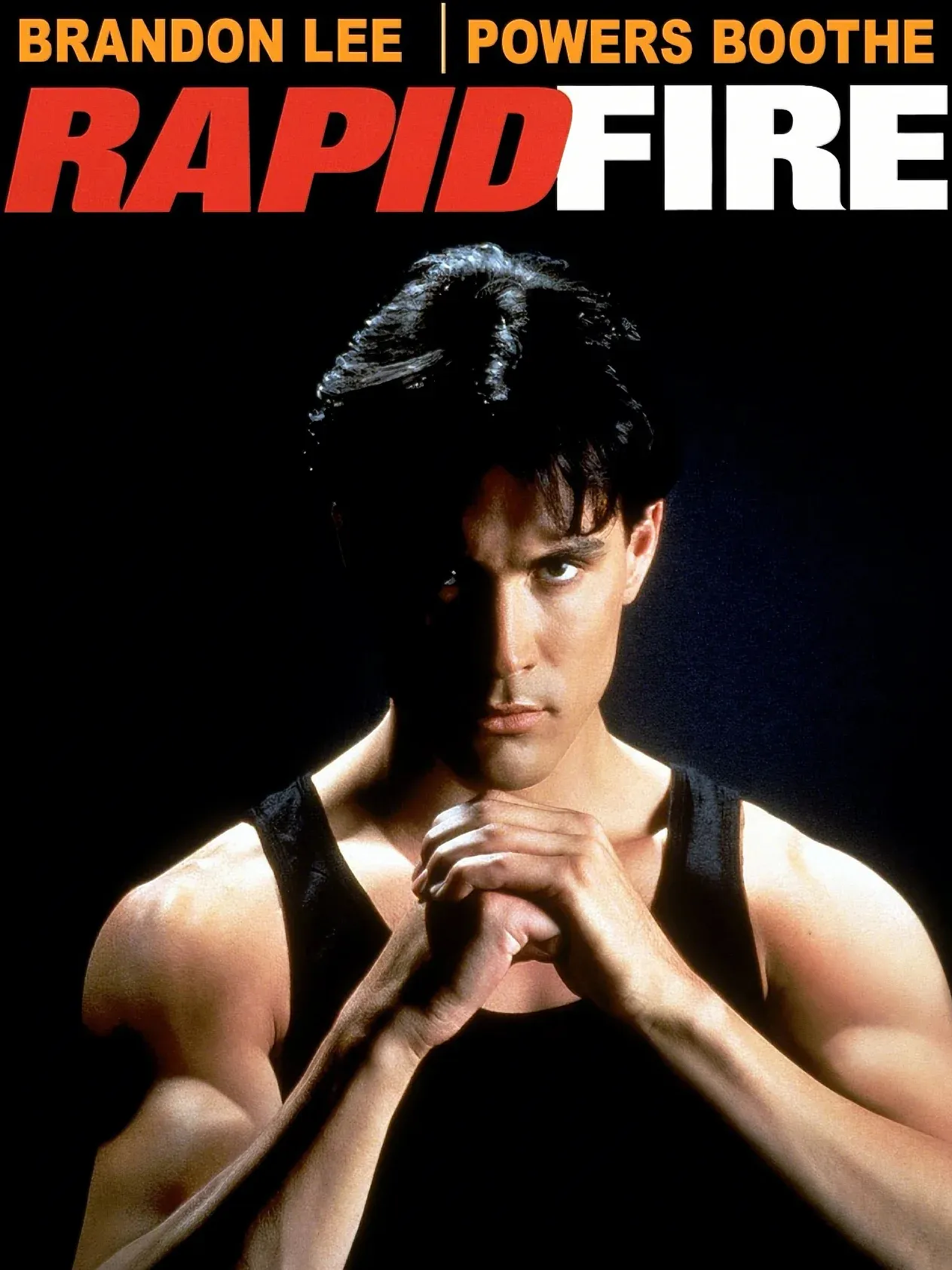Elena Undone (2010)
Elena Undone, directed by Nicole Conn, is a romantic drama that explores the boundaries of love, identity, and personal truth through the emotionally charged relationship between two women from very different worlds. At its core, the film is a story of transformation—one woman’s journey from repression to liberation, from duty to authenticity. Elena Winters is a graceful and intelligent woman, married to Barry, a conservative Christian pastor. She is also the mother of a teenage son, Nash. Outwardly, Elena leads a stable and purposeful life, fulfilling the roles expected of her: loyal wife, attentive mother, and devoted member of her husband's church community. But beneath her composed exterior, Elena feels emotionally suffocated and disconnected. Her marriage, though seemingly functional, lacks passion and intimacy. Barry is kind but rigid in his beliefs, especially when it comes to sexuality. Elena, quietly longing for something deeper, remains unaware of the truth about her own desires—until she meets someone who changes everything. Peyton Lombard is a charismatic, confident lesbian writer and photographer. She is open about who she is and unapologetic about the life she leads. Peyton meets Elena at an adoption center where both women are seeking to expand their families—Elena through adoption, Peyton by supporting a friend. There is an instant connection between them, an unspoken curiosity and magnetism that transcends the differences in their backgrounds. As fate continues to draw them together, they begin to form a friendship rooted in shared interests, thoughtful conversations, and emotional intimacy.

As their relationship deepens, Elena starts to question the limits of her own identity. She becomes increasingly fascinated by Peyton’s authenticity and emotional honesty—traits she has rarely encountered in her own world. Peyton, meanwhile, is drawn to Elena’s grace and vulnerability, but she is cautious. She has been hurt before and knows the pain of falling for someone who may not be ready to leave the comfort of their existing life. Despite her hesitations, the two women’s bond grows stronger. Their connection turns romantic, then physical. Elena’s first kiss with Peyton is tender but intense, marking a turning point in her self-awareness. For the first time, she experiences a kind of love that is not only passionate but also awakening. What begins as a secret affair soon becomes a life-altering emotional journey for both women. Peyton challenges Elena to be honest—with herself and with the people around her. Elena struggles with guilt and confusion. She is still married, still living a life built on religious and societal expectations. At the same time, she cannot ignore the authenticity of her feelings for Peyton. Her growing affection forces her to confront the hollowness of her marriage, the rigidity of her church’s teachings, and the limitations she’s placed on herself. The internal conflict becomes unbearable, and Elena begins to pull away from Barry, while simultaneously growing more emotionally entangled with Peyton. As Elena’s life begins to unravel, the stakes grow higher. Barry suspects something is wrong but does not fully understand the depth of Elena’s transformation. Nash, her son, becomes increasingly distant as tension grows within the family. Meanwhile, Peyton becomes frustrated by the secrecy and the emotional toll of loving someone who is still trapped in a life of denial. The two women separate for a time, overwhelmed by the weight of their feelings and the pain of the choices they face. Despite their love, both fear that the gap between them—emotional, cultural, spiritual—may be too wide to bridge. In the final act of the film, Elena reaches a breaking point. She can no longer live a lie, no longer suppress the part of herself that Peyton helped her uncover. With courage and painful honesty, she tells Barry the truth. Their marriage ends, and Elena begins the difficult task of rebuilding her life—not just for herself, but for her son, who must come to terms with his mother’s new path. The separation is not without hardship, but it is a necessary act of liberation. For the first time in her life, Elena begins to live with integrity, guided not by external expectations but by inner truth.
Eventually, Elena and Peyton reunite. Their time apart has deepened their understanding of what they want and what they mean to each other. Elena is no longer the hesitant, repressed woman she once was. She is ready to love Peyton freely and openly, without apology or shame. The film ends not with dramatic declarations but with a sense of quiet, hard-earned peace. Elena and Peyton are together—two women who dared to love against the odds and found themselves in the process. Elena Undone is more than a love story; it’s a portrait of emotional awakening. It challenges the notion that love must follow traditional structures and illustrates the power of authentic connection to transform lives. Through Elena’s journey, the film explores how deeply our identities can be shaped—and stifled—by religion, marriage, and social expectation. But it also shows that it is never too late to rediscover who we are and to fight for the kind of love that sets us free. With heartfelt performances by Necar Zadegan as Elena and Traci Dinwiddie as Peyton, the film delivers an emotionally rich and visually poetic story. The cinematography captures both the intimacy and intensity of their relationship, while Nicole Conn’s direction ensures that the emotional core always remains centered on the characters’ inner worlds. One of the film’s most iconic scenes—a long, uninterrupted kiss—becomes a symbol of release and passion, cementing Elena Undone as a beloved title within LGBTQ+ cinema.

-1741829424-q80.webp)

